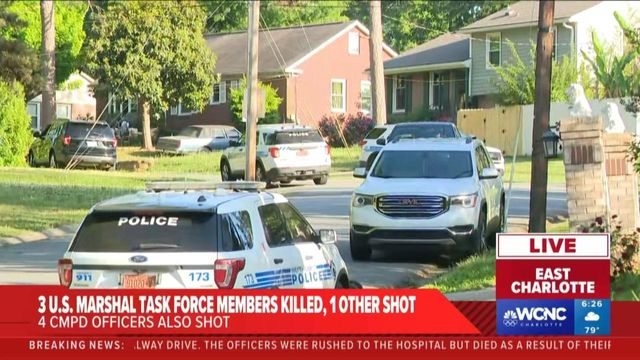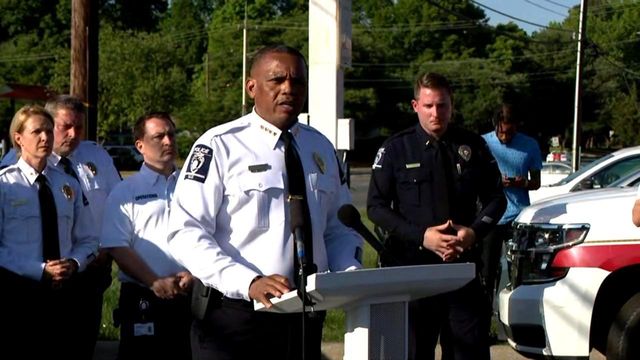Fewer same-sex couple live in states where LGBTQ+ laws are less protective, WRAL analysis reveals
The Human Rights Campaign has put North Carolina on notice. The advocacy group declared the state one of 23 considered high priority to achieve basic equality.
"In these states, advocates focus on raising support for basic LGBTQ+ equality, such as non-discrimination protections in employment, housing and public accommodations," the report says.
So far this year, more than 650 anti-LGBTQ+ bills have been proposed across the country, according to the Movement Advancement Project. Kendra Johnson with Equality NC says many are in the South, including North Carolina. She points to bills like the recently-passed legislation banning transgender women from playing women's sports.
"They're putting our lives in jeopardy," Johnson said. "We've been facing threats at Pride, harassment, attacks by white supremacists coming at events that are focused on our community. It's it's a very troubling period."
Johnson says people here are questioning their safety especially as the state's lawmakers continue considering putting legislation in place, which target LGBTQ+ community members and their rights.
"Civil rights should not be a partisan issue," Johnson said. "And they are right now."
Johnson says such legislation often results in same-sex couples choosing not live in those areas.
In North Carolina - one of the 23 states considered to have few protections in place for the LGBTQ+ community, same sex couples make up 0.8% of households in the state, according to the most recent U.S. Census data. It's slightly below the national average which is 0.9%.
"We routinely get folks who reach out to us who asked about the conditions on the ground before they move their families here," Johnson said.
When we look at the states same-sex couples choose to call home in comparison to those the Human Rights Campaign considers high priority, 18 of the 23 have rates below the national average. Similarly, when we look at the 21 locations considered to have the most protective laws in place, 19 of them have rates at or above the national average.
Johnson says these decisions have lasting impacts, and shape what our state and its economy looks like.
"LGBTQ folks who are taxpayers and contribute to North Carolina society and their business and schools and education and culture and arts should have the exact same rights as people who are not LGBTQ+," Johnson said.
Johnson says North Carolina is second to Texas for the most amount of threats the LGBTQ+ community has received this year. Additional protection is expected at this year's Out! Raleigh events given those circumstances.









